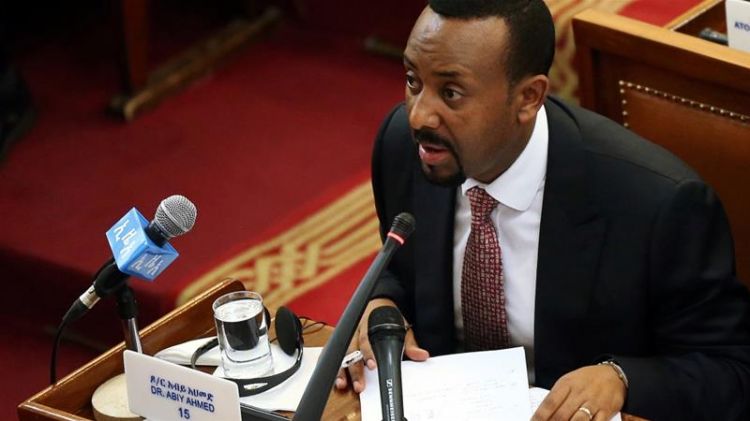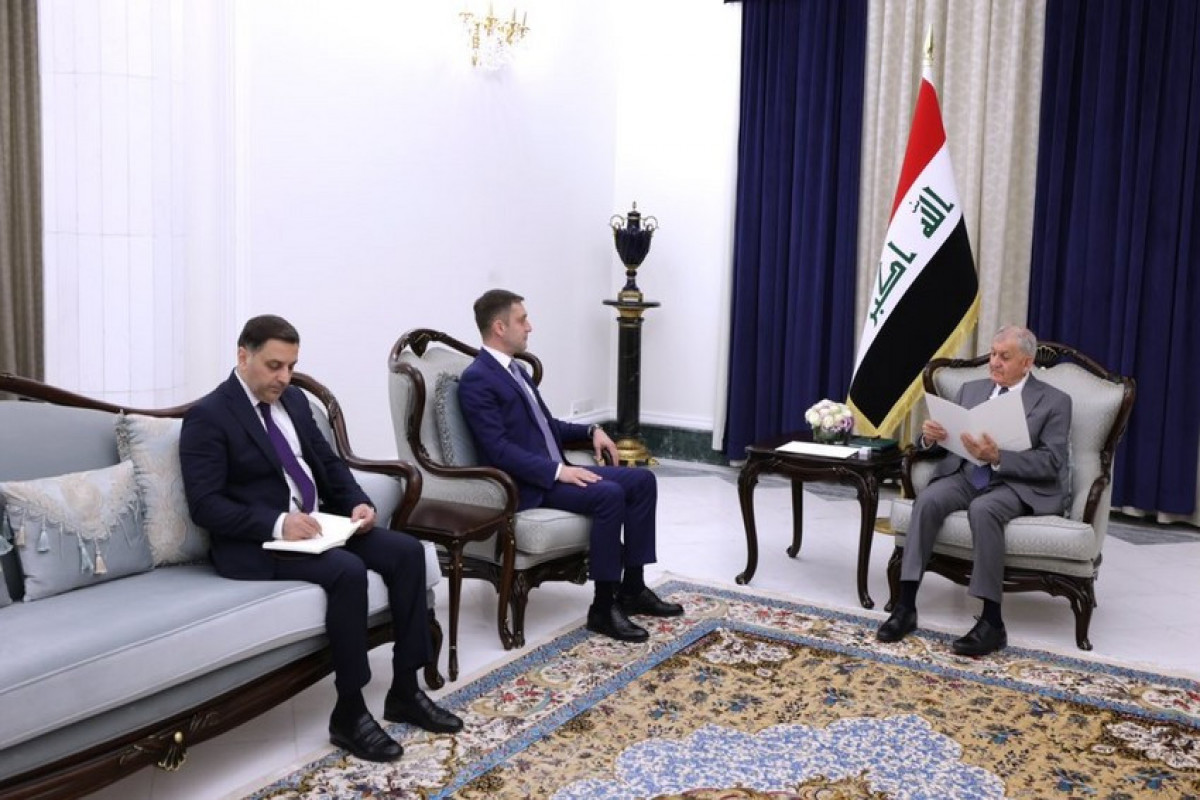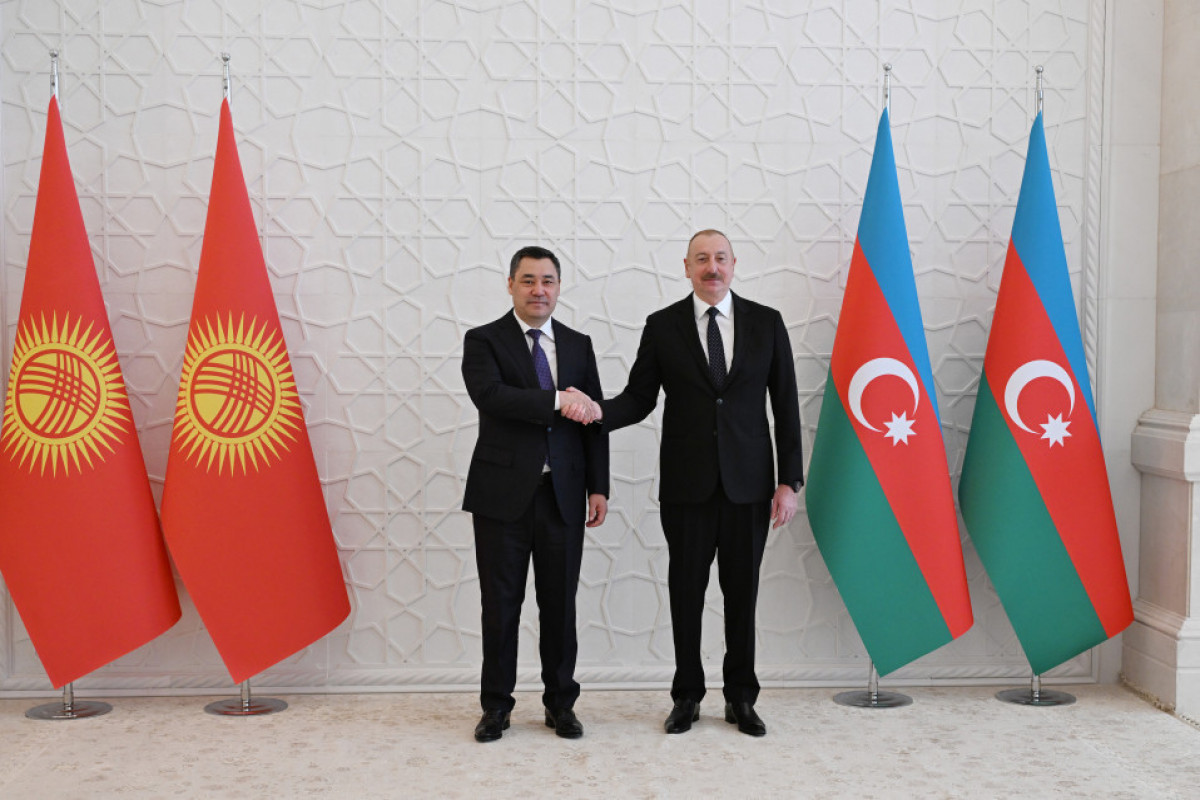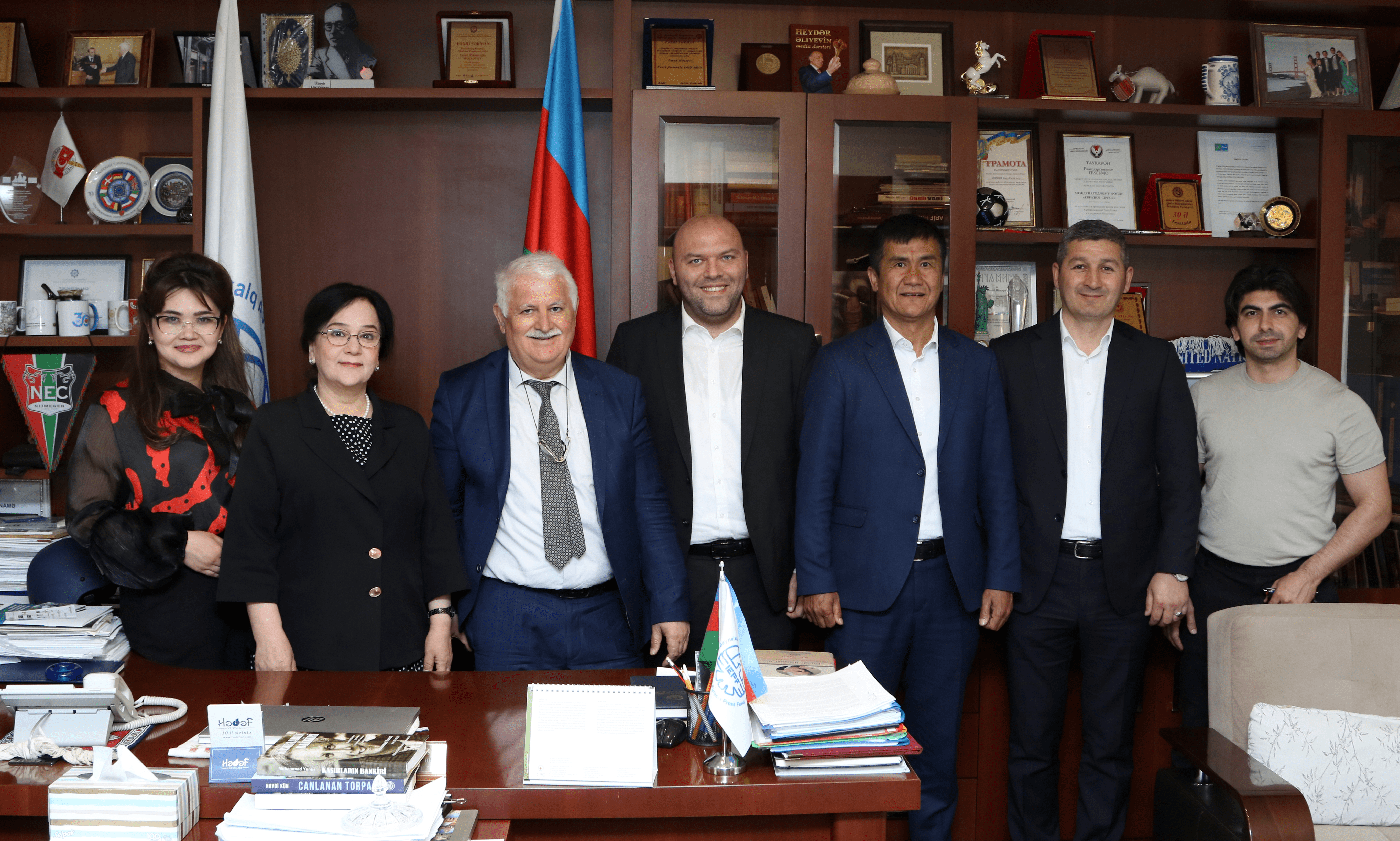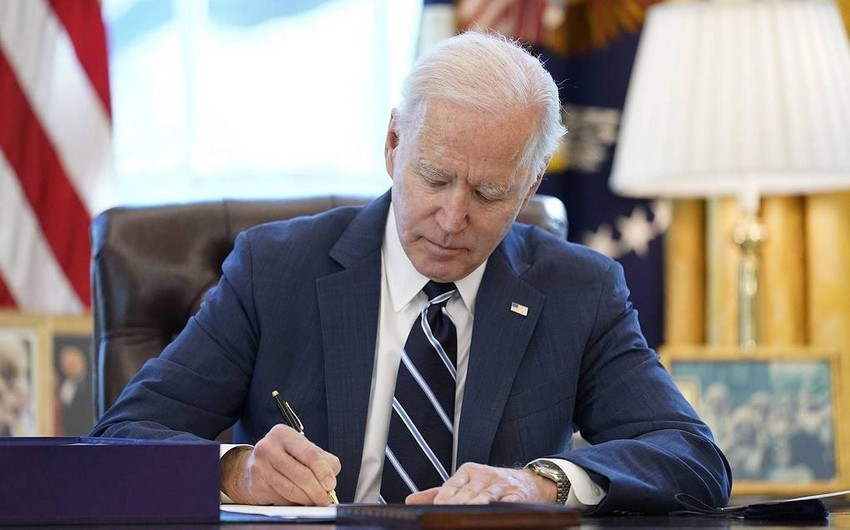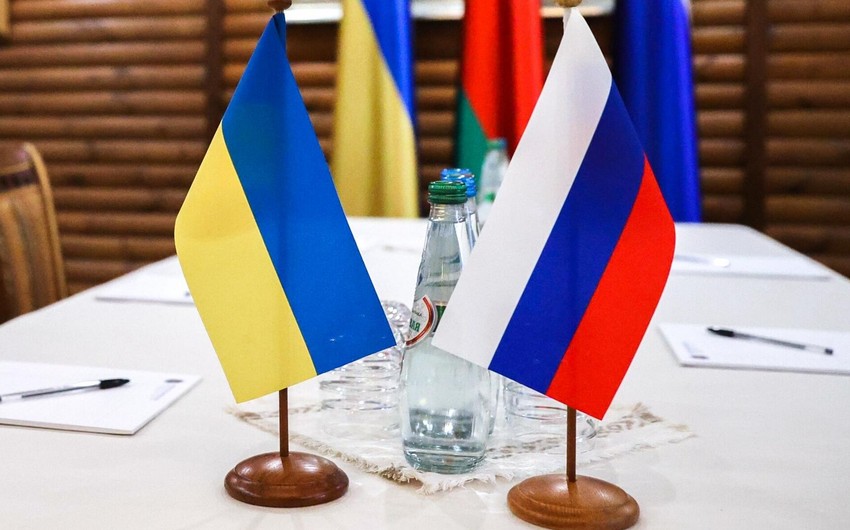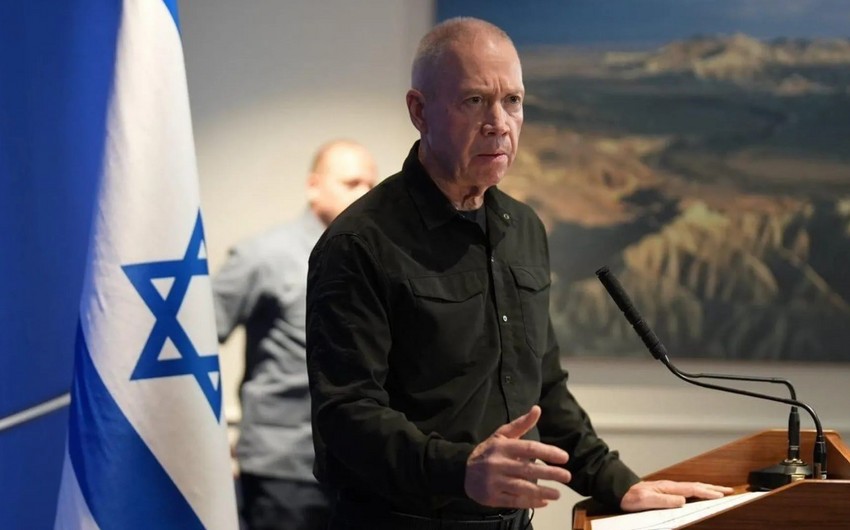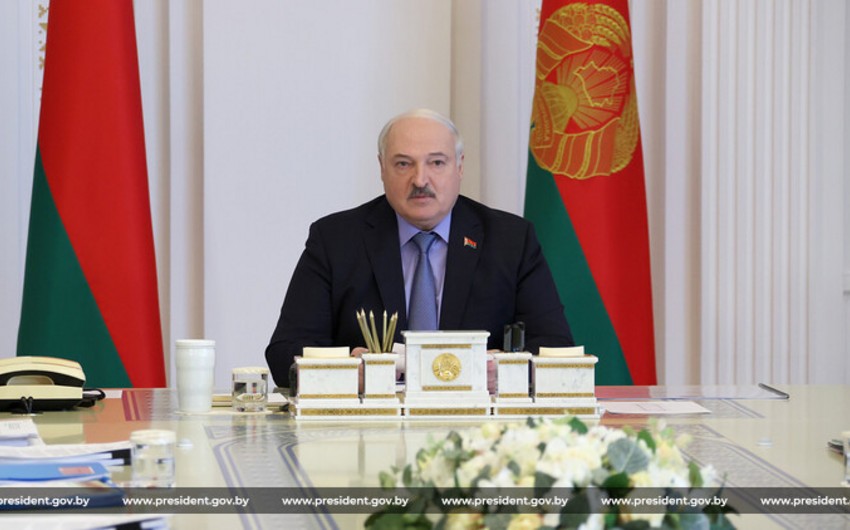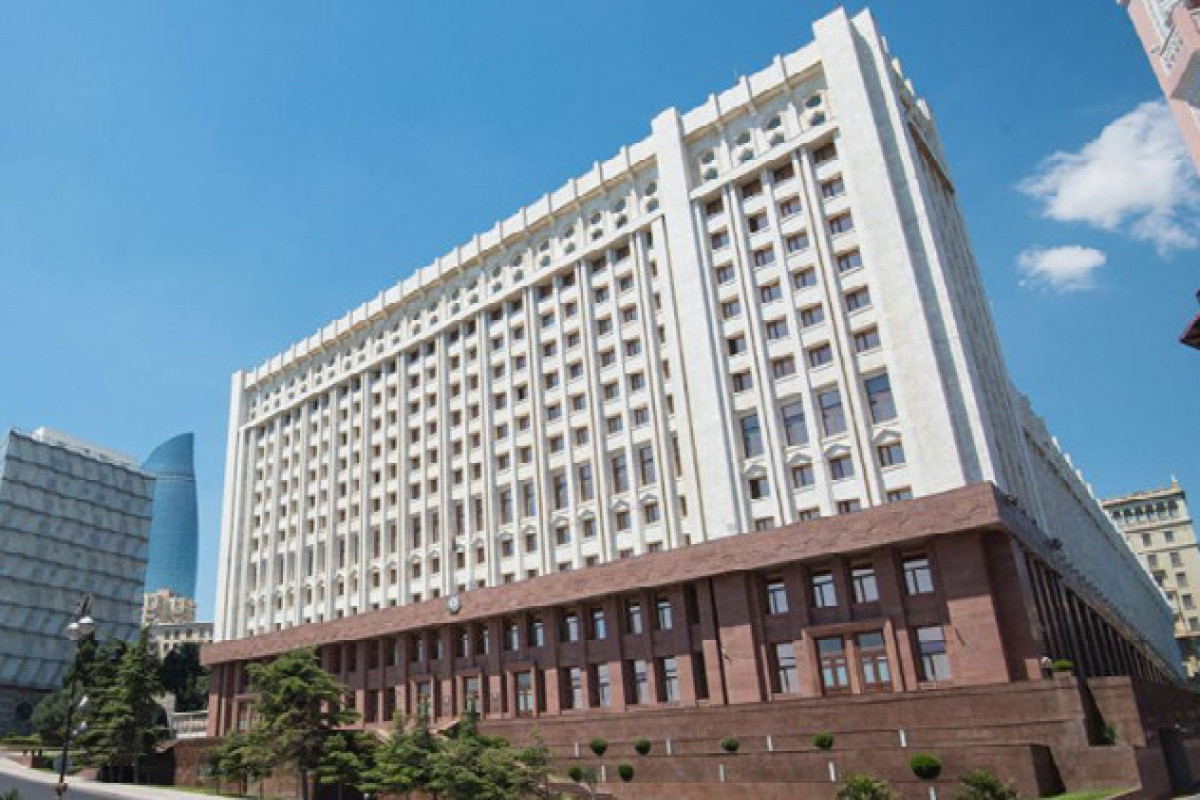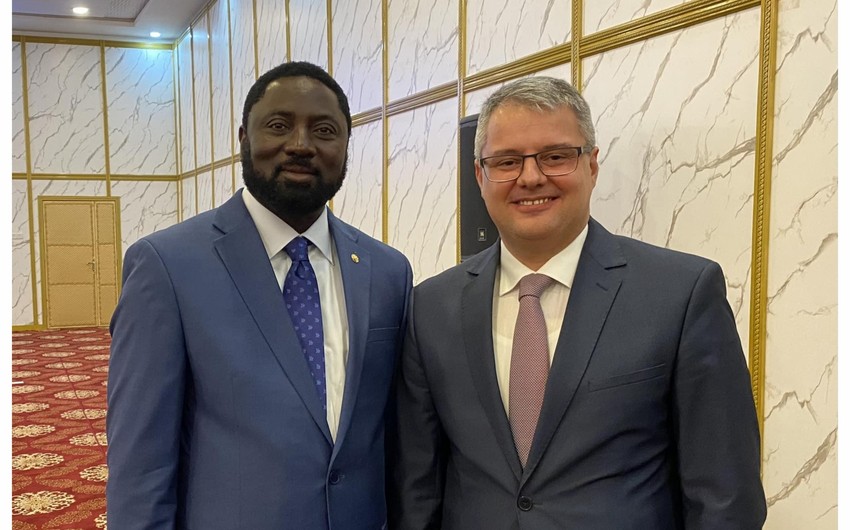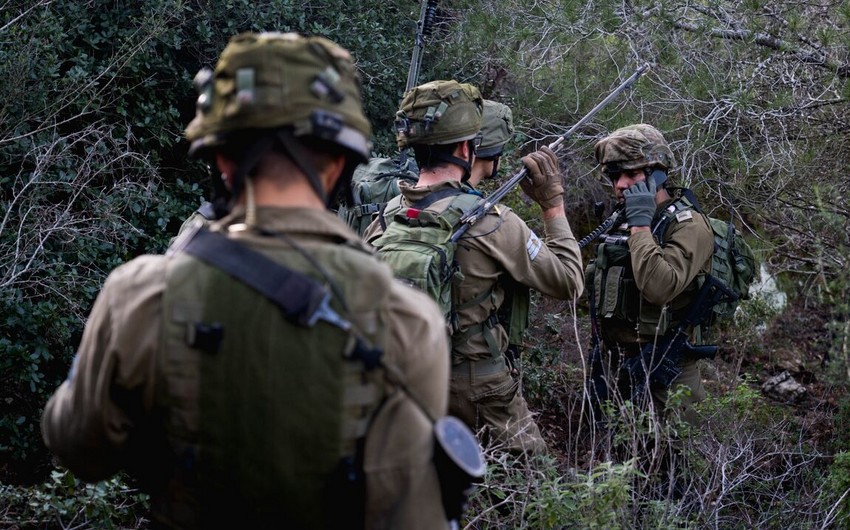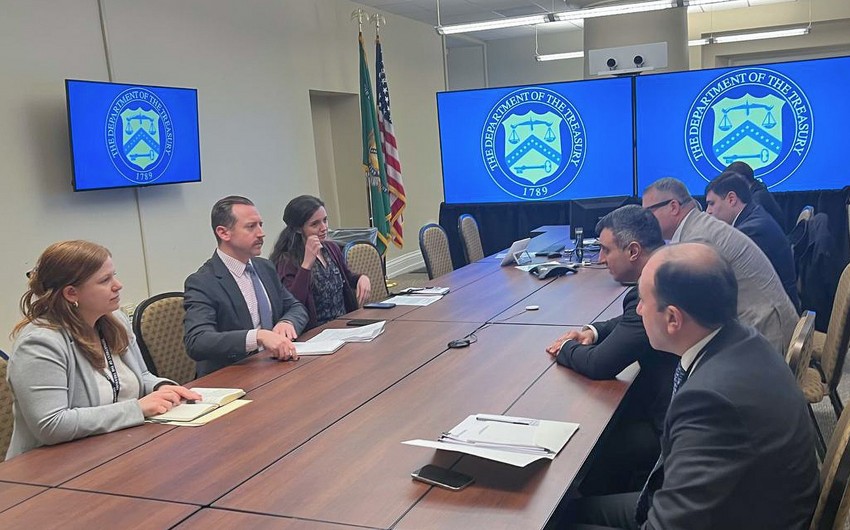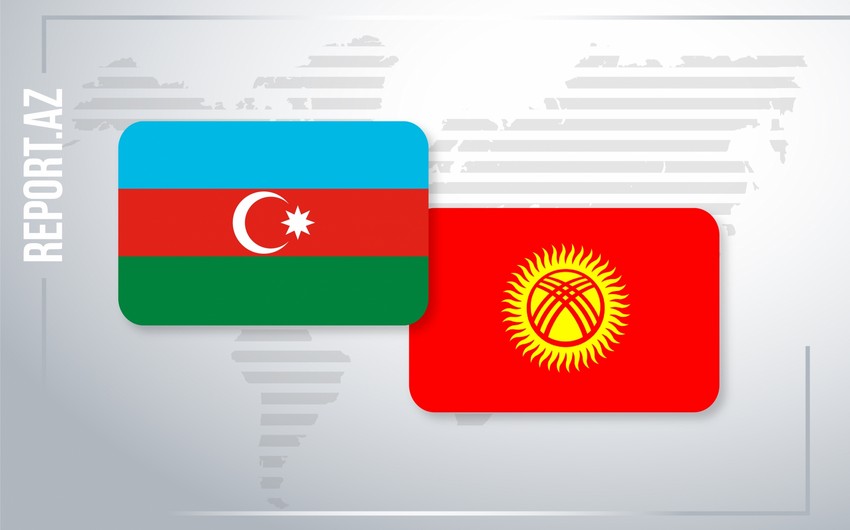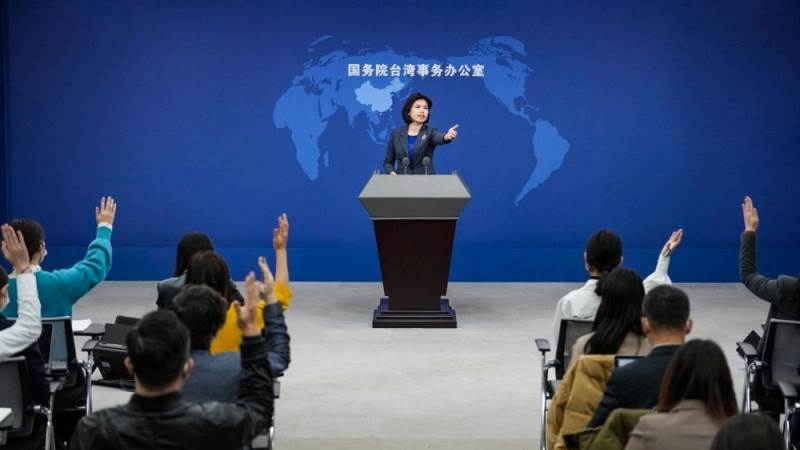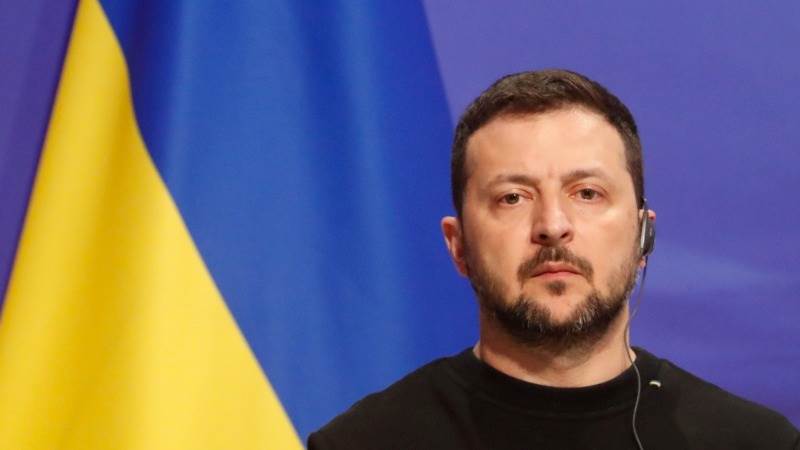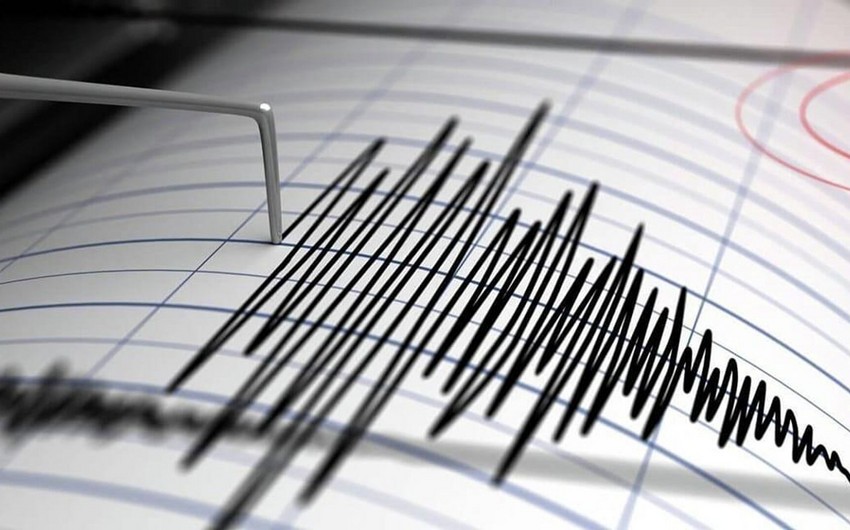Over the last three years, protesters across Ethiopia have been demanding political and economic changes and voicing their frustrations with government policies. Earlier this year, the Ethiopian People's Revolutionary Democratic Front (EPRDF), the coalition that has been ruling the country for 27 years, finally realised that this latest episode of popular unrest will not settle without the government introducing major changes.
Thus, the coalition unveiled a reform agenda focusing on the need to broaden the political space, to release political prisoners, and listen to voices of opposition. As a show of commitment to the demands of the people to end the political violence and pave the way for the implementation of the reform agenda, Prime Minister Hailemariam Desalegn announced his resignation on February 15.
After a month of suspense and uncertainty, Abiy Ahmed, a young technocrat from the establishment took his seat. Ahmed's ascent to political power ensued amid visible intra-party tensions that exposed the deep divisions in the otherwise secretive EPRDF coalition.
In the absence of a strong and credible opposition - due to the EPRDF's decades-long repression of political dissent - Ethiopians pinned their hopes on the new premier and his broad political appeal even though he himself is part of the ruling coalition they have long been protesting against.
Ahmed came to power with huge fanfare. Although the regional state of Oromia and the party that administers the region, the Oromo Peoples Democratic Organisation (OPDO), are considered to be the new premier's main political power base, Ethiopians from the country's second-largest region, Amhara, and its administrators from the Amhara National Democratic Movement (ANDM), also provided their full support to Ahmed.
The OPDO and the ANDM are two of the political parties that make up the four-party ruling coalition, and they enjoy massive political capital that comes with the responsibility of administering the two most populous and resourceful regions in the country's federal arrangement.
Until recently, however, these two political parties were unable to exercise their political power at the federal level. The Tigrayan People's Liberation Front (TPLF), a political party that led the way in the creation of the EPRDF, was instead dominating the ruling coalition and controlling the security apparatus of the state.
For a long time, the OPDO and the ANDM were blamed for failing to foster unity between Oromos and Amharas. Recently, however, they united their efforts to bring an end to the TPLF's domination of the ruling coalition and are now lauded for reigniting the once weakened Ethiopian nationalism among their supporters. By working together, the political elite within these two parties managed to garner wide popular support. Ahmed's rise to political power was the direct result of the change in attitude within these two political parties.
Understanding the rising ethnic tensions and mistrust between regional elites that became evident in the last two decades, the new premier adopted a reconciliatory tone. Since taking office, Ahmed has been attempting to tackle the mistrust among factions within the ruling coalition as well as that of the citizens through discussions of "Ethiopiawinet", the Amharic word for Ethiopianness.
Through these discussions, Ahmed has managed to further reinvigorate Ethiopian nationalism and utilise it as a uniting force. For many Ethiopians who were disillusioned by the divisive ethnic politics of the last two decades and even questioned the fate of the nation, his nationalist rhetoric has aroused new optimism.
Since taking office, Ahmed has also secured the release of thousands of Ethiopians imprisoned in Sudan, Kenya and Saudi Arabia - a move that attests to his commitment to revive Ethiopian nationalism and protect citizens wherever they are.
However, Ahmed is still not immune to criticism.
Ethnic Amharas remain targets of brutal killings and evictions in a region known as Benishangul Gumuz. The fate of tens of thousands of ethnic Oromos, who have been internally displaced since they were evicted from Ethiopia's Somali region, is still unclear as there are no signs for a return to normalcy.
Ahmed has condemned these injustices, but he is yet to take concrete steps to address them. Perpetrators of these crimes are still enjoying impunity, as none of them has been brought to justice or even questioned.
Furthermore, despite the relative calm in the country, extrajudicial killings of people still continue. Ahmed's administration still has a long way to go in reassuring citizens and investors alike that calm is fully restored in Ethiopia.
Despite the cautious optimism that Ahmed's assumption of the prime minister's post brought, Ethiopia has still not embarked on a true transition to democracy.
To this day, the most important goal of the ruling EPRDF is its own survival. Under late-Prime Minister Meles Zenawi, the EPRDF survived internal divisions stemming from the way the conflict between Ethiopia and Eritrea ended.
The coalition also survived an electoral defeat in 2005. It did so by imprisoning the leaders of the opposition parties which won the vote and by clamping down on protests.
After Zenawi's death in 2012, many in Ethiopia once again questioned the EPRDF's chances of survival. But the coalition managed to stay in power even after Zenawi's passing, thanks to what they referred to as "the emergence of collective leadership".
Having Ahmed assume the position of prime minister is yet another survival strategy by the EPRDF.
What the years of protests and opposition activism managed to achieve was have the four political parties within the EPRDF come to a consensus that limiting the dominance of the TPLF within the coalition is key to their collective survival.
Unfortunately, this would not necessarily translate into efforts to broaden the political space in the country at large.
Reforms enacted by the government thus far, the release of notable political prisoners and talks with the weakened opposition groups do not necessarily indicate that a roadmap for democratisation will emerge. Although some Oromo political leaders from the diaspora have returned home, others haven't and the government has not taken the initiative to engage them. Ahmed needs to make good on his promises and invite the opposition leaders in the diaspora back home. Opposition leaders like Andargachew Tsege, who was recently pardoned by the government, should be included into the national conversation.
In addition, despite commendable attempts by Ahmed to diversify the new cabinet, he has made the mistake of re-appointing many former officials to various important posts and board memberships. Moreover, although his eager interest in listening to popular grievances across various forums is applauded, there is still no sign that institutional reforms are to follow anytime soon.
The electoral commission remains a partisan institution and the electoral system still favours the EPRDF. The "anti-terror" proclamations that were used to stifle political dissent are still laws of the land. Moreover, although Ahmed seems eager to correct the wrongs of the past few years, Ethiopia remains under a state of emergency declared many months ago. This makes it difficult for Ethiopians to exercise their rights to peaceful assembly and freedoms of expression.
Ahmed needs to use the popularity and approval he gained to start a meaningful dialogue with political opposition at home and abroad if any of his promises regarding democratic opening and hopes for national reconciliation are ever to materialise.

